When you feel the pressure to appear invincible, that's your invitation to be fearless.
And humility is what paves the way.
The dictionary says humility is “a modest view of one’s importance.”
But I think that definition barely scratches the surface.
True humility is not thinking less of yourself — it’s realizing how little anyone truly knows, and still daring to care, to act, and to grow.
Let’s go deeper.
Part 1: The Illusion of Control
We live in a world that teaches us to seek control — over outcomes, over others, even over ourselves. But life doesn’t obey certainty. It shifts, it surprises, it humbles.
“When you know that there is nothing you can know for sure, and when you realize that something unexpected can always happen. When you release control and let things happen, you can also experience humility.”
That letting go is not resignation — it’s clarity. It creates space for something new to emerge.
“Your vulnerability will create space for other perceptions, emotions, and realizations.”
This is where humility and fearlessness begin to merge:
When we no longer fear uncertainty, we begin to live more fully.
Part 2: The Andean Woman’s Wisdom
“Once, an Andean woman said to me that it was very likely that I was ‘an ignorant.’
When I asked why she thinks that, she replied quickly: ‘Because you think you know.’”
Her wisdom inspired me in so many ways.
Although she never went to school, she didn’t feel inferior — nor unwilling to live a meaningful life.
“When I am very sure of something, I remember it is time to consider my ignorance.”
She reminded me that confidence without humility is a trap.
And that real wisdom may lie not in what we know — but in how we hold what we don’t.
Part 3: Rethinking Worth and Knowing
“Someone might know more than you, but you both ignore so much that there is no reason to judge anyone who knows little or less.”
This one insight changes everything.
We’ve been taught to tie self-worth to knowledge, expertise, titles, information.
But:
“When we realize that our knowledge or experience doesn’t make us worthier than anybody else, we experience compassion for ourselves and others.”
That’s when something opens — a doorway to inclusion, patience, and shared humanity.
“That is when we see that winning the game of life is about us and everything else.”
Part 4: The Danger of Thinking We Know
We often move through life on autopilot — doing what we believe we should, aiming to “succeed,” to “win.”
But what happens when our confidence is built on shaky ground?
“Anything we do ‘thinking that we know’ can bring suffering and chaos sooner or later, even if we win the short-term game.”
This is where humility becomes not just a personal virtue — but a collective responsibility.
When we forget how little we know, we become rigid. Judgmental. Detached.
But when we remember our limitations, we become human again.
Part 5: Humility as a Key to Change
“We are slowly moving toward a more empathic, inclusive, and compassionate civilization.”
You may disagree.
You may say:
“Jose, that will never happen! Human greed is just too big!”
And maybe you’re right — if we keep conforming to the status quo.
“Conforming with the status quo, an implicit social agreement, is the reason that holds us from solving other global challenges; we fear that the challenge is so great that we assume it is better to keep doing our lives as usual.”
But here’s the shift:
“If we see the small failures and reveal the fears, we might prevent the big failure from happening.”
That is why humility isn’t passive — it’s revolutionary.
It allows us to question what seems fixed. To reimagine what’s possible.
Closing: A Call to Humble Courage
“Let’s be humble. Accepting our ignorance and our shortcomings might be the key to opening up our creativity, connectedness, and innovation.”
So I’ll leave you with the same questions I asked in the book:
Do you equate humbleness with weakness?
If you become humble alone, do you see it as a disadvantage?
Why do some see soft skills as unimportant?
Now that you know more about fear and failure, is it worth keeping the confidence mask instead of humbly accepting our shortcomings?
Is unconditional humbleness naive?
When you feel the pressure to appear invincible, that’s your invitation to be fearless.
And humility is what paves the way.
With love,
Jose

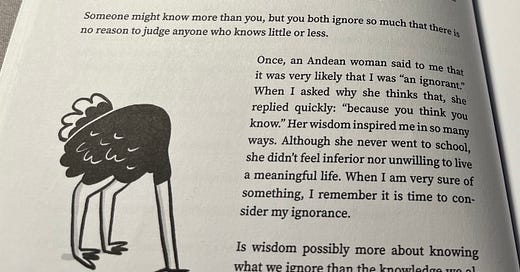



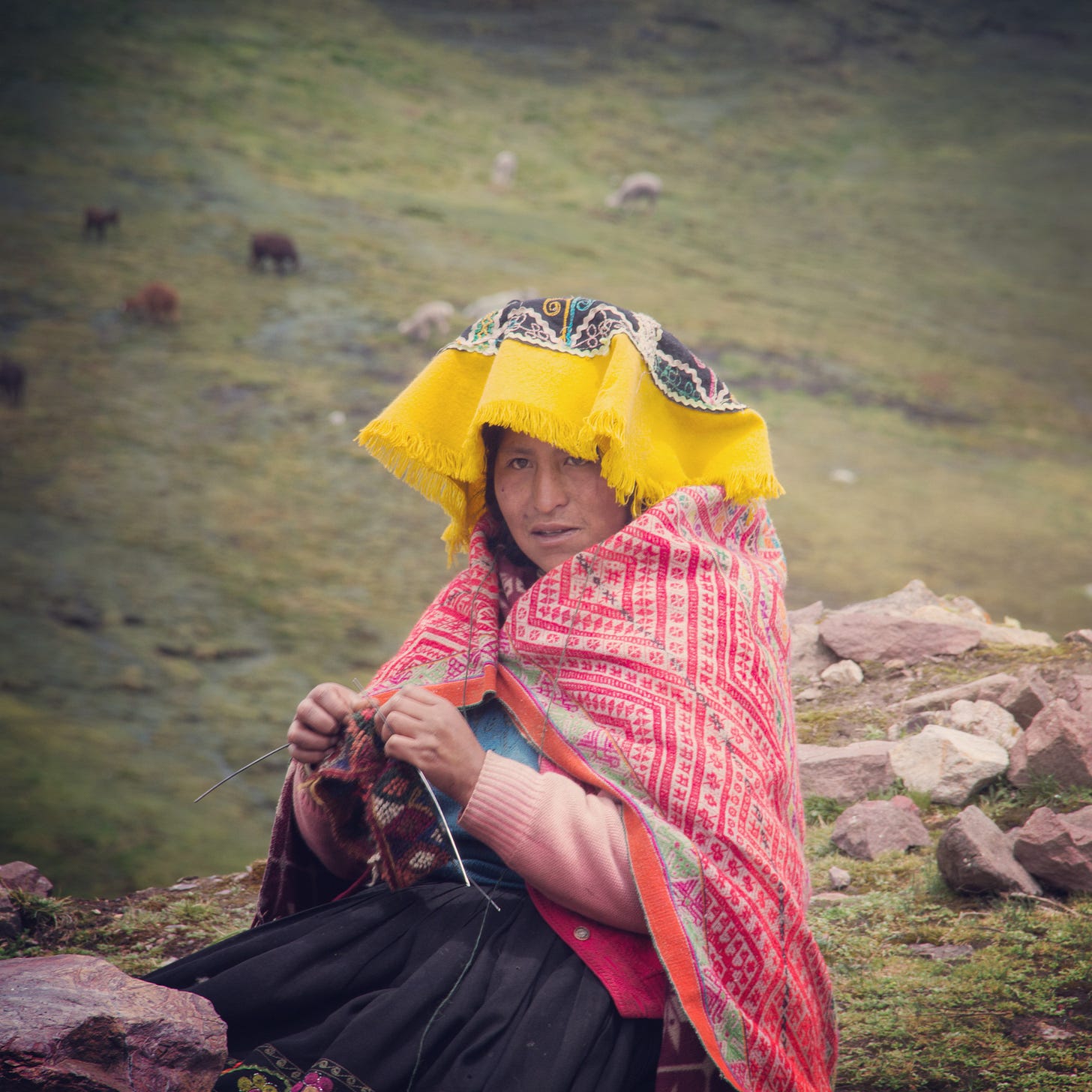
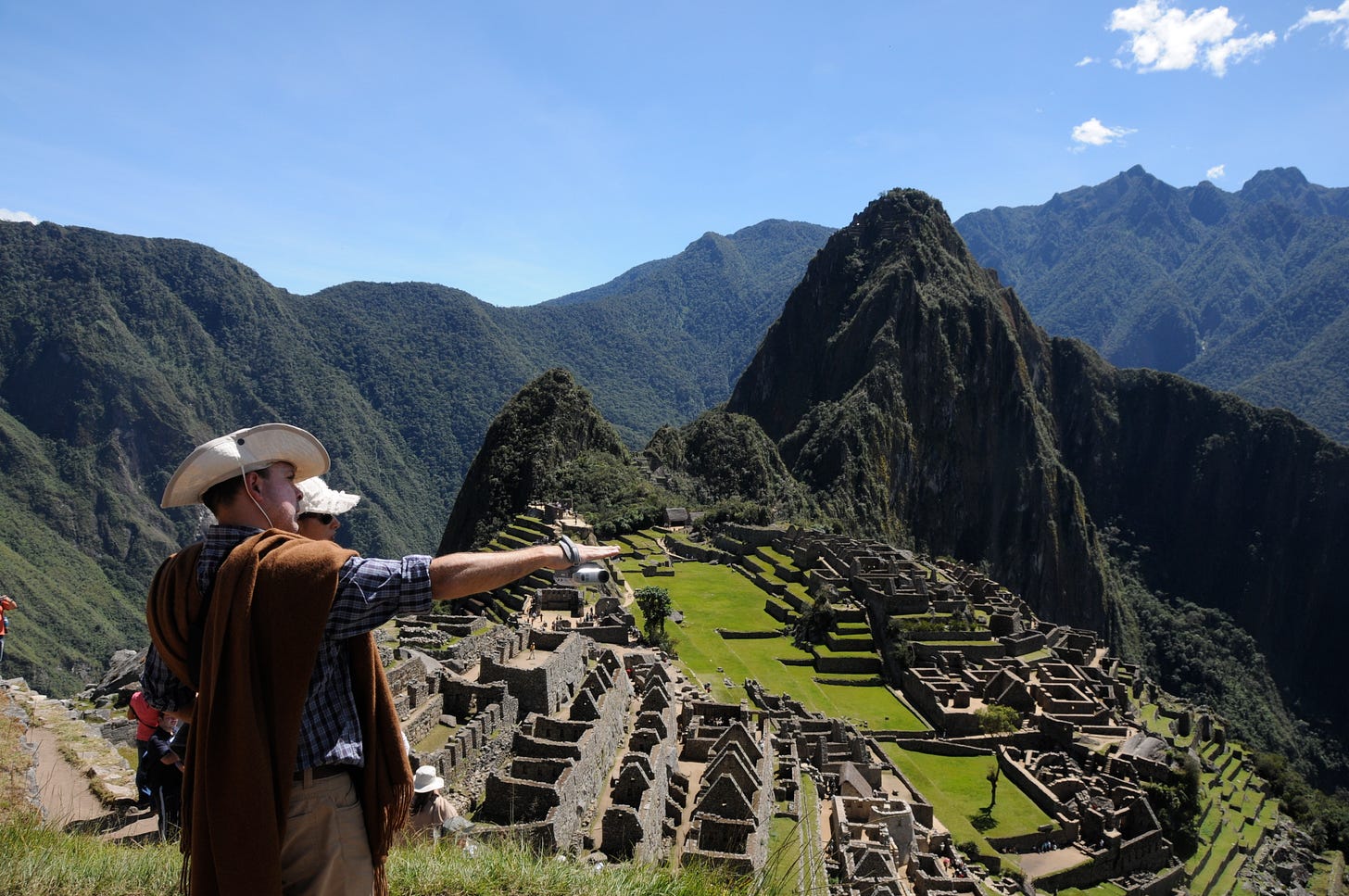
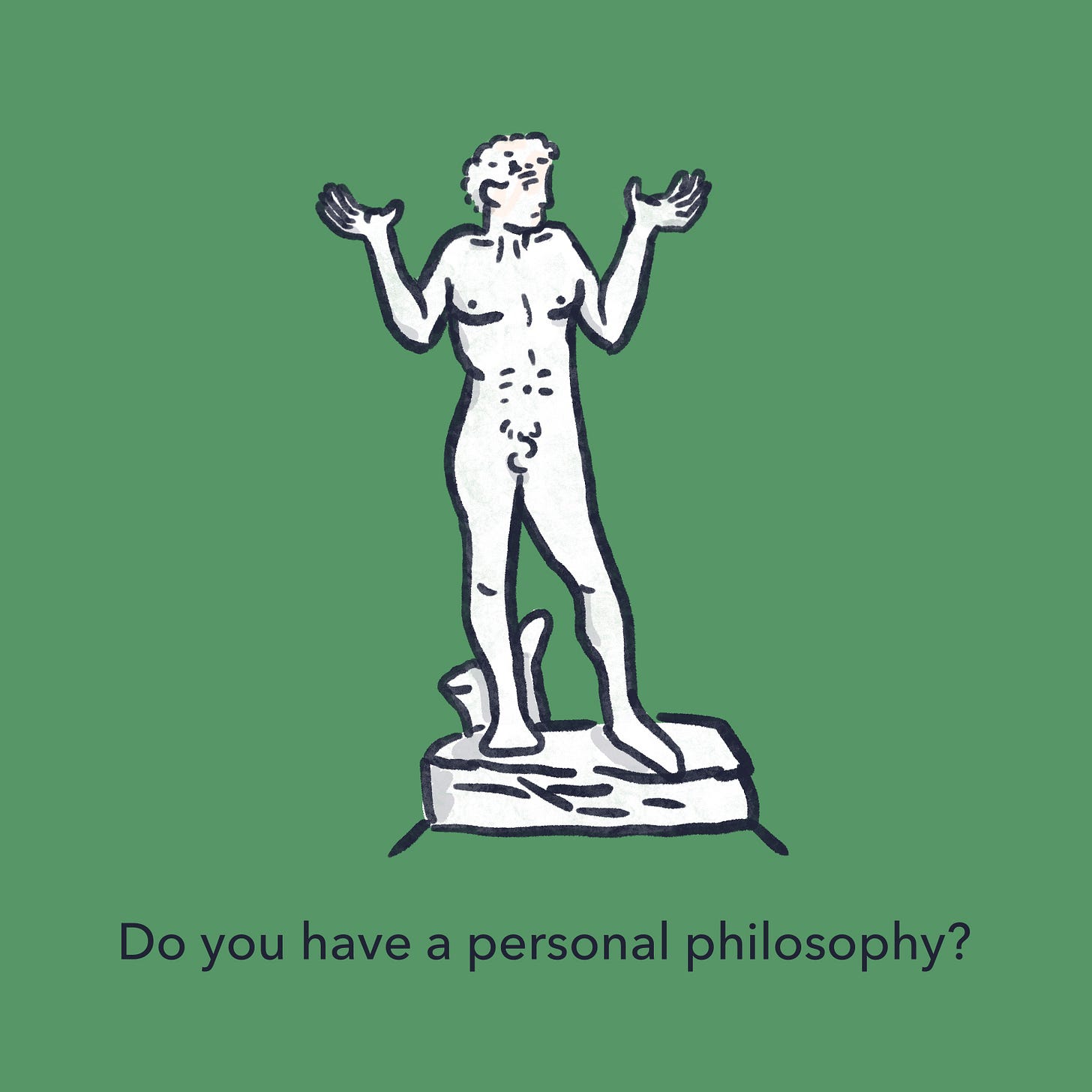
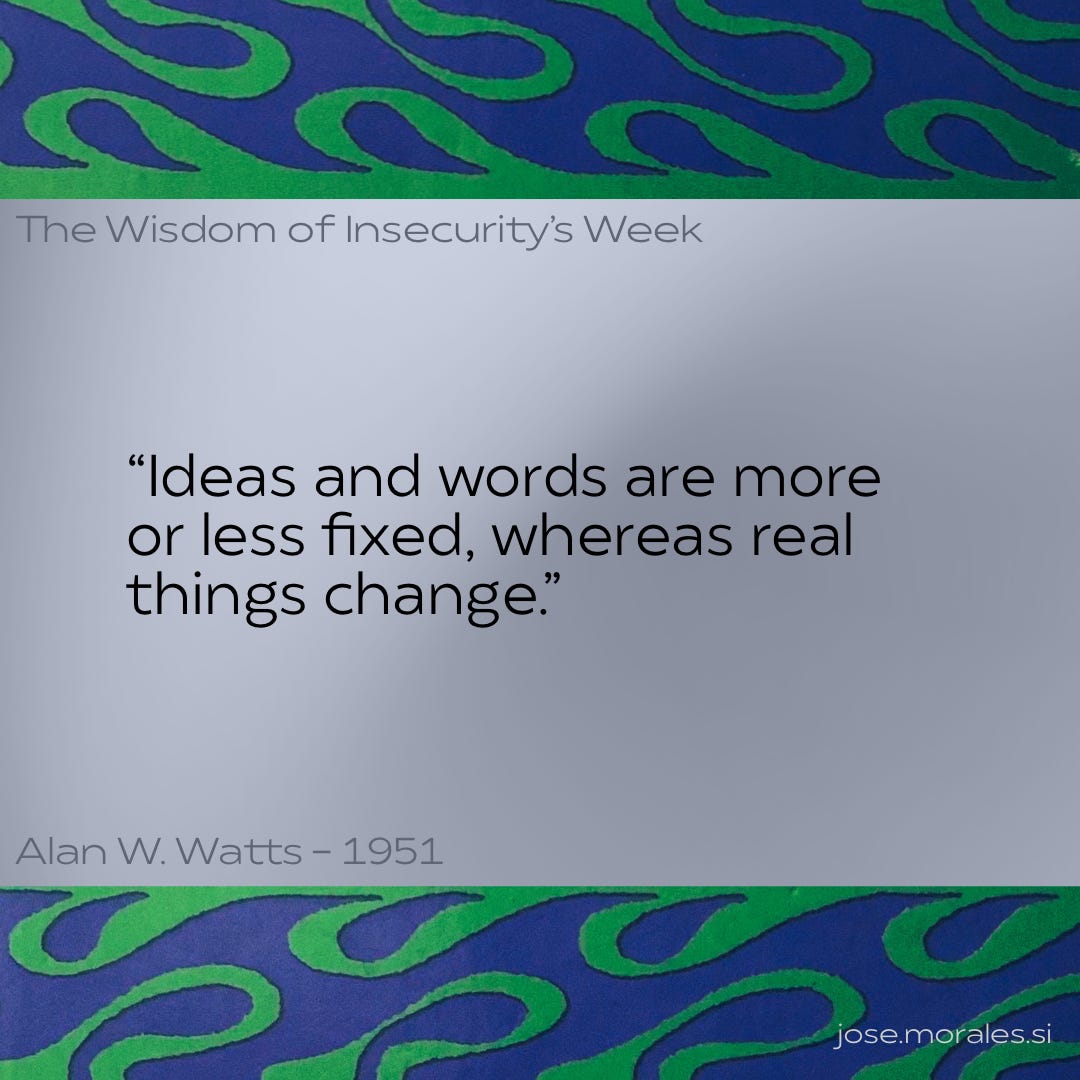
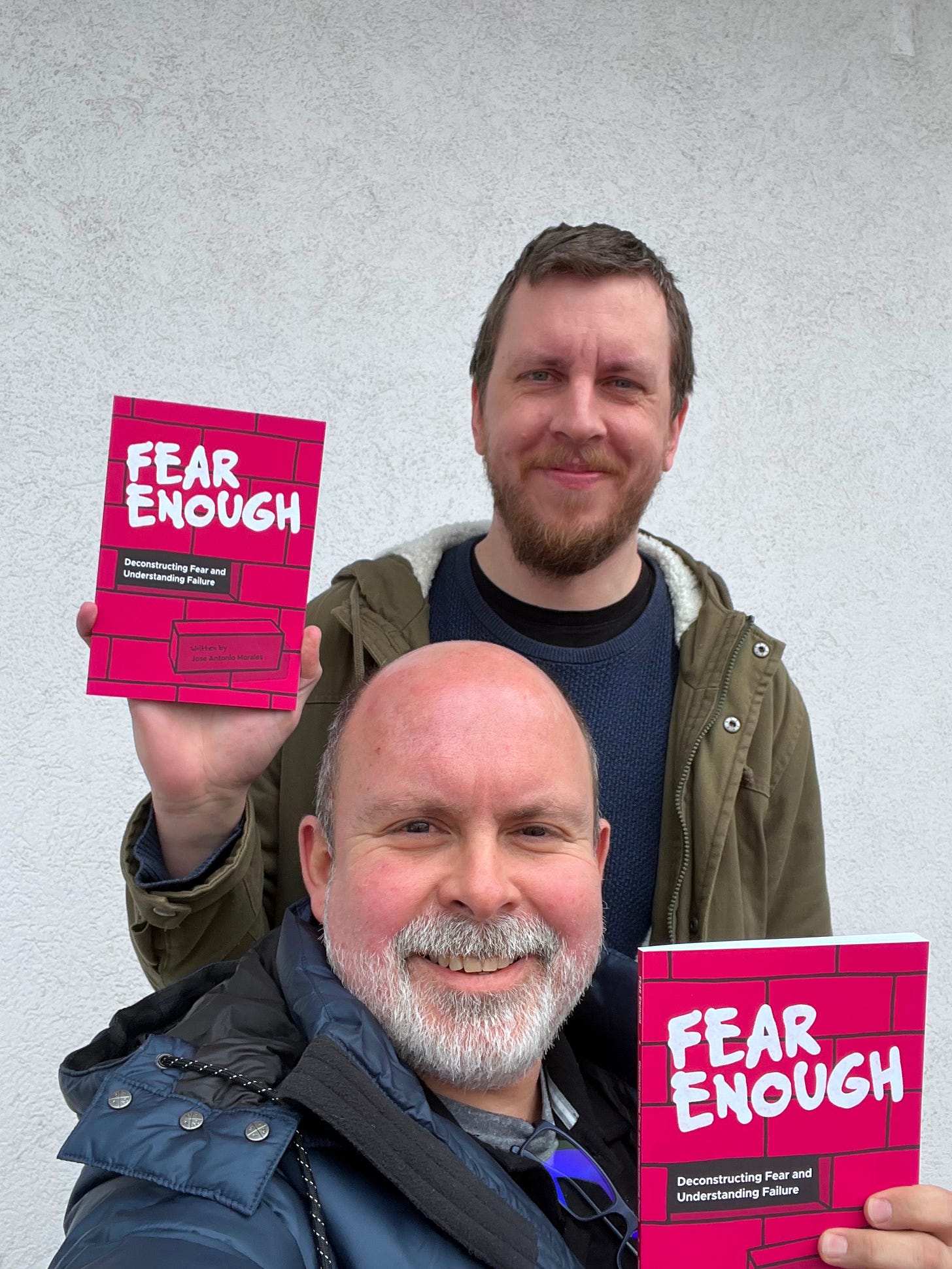
Thanks for sharing this.